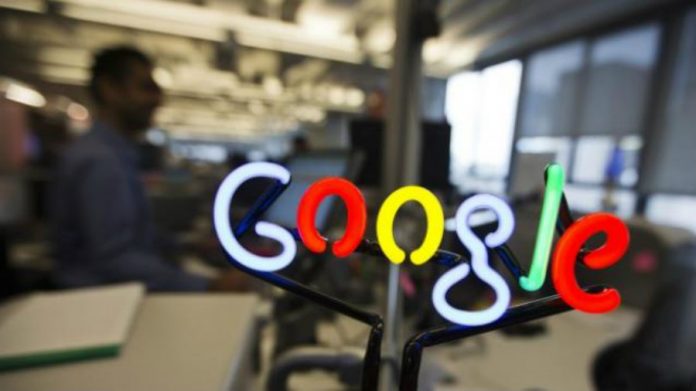
Google (NASDAQ: GOOG) updated its now famous Transparency Report on July 18, 2016. The company’s Legal Director, Richard Salgado, dropped the news on the organization’s blog. The updated report shows an increase in the number of governmental requests for users’ information, and the country leading that statistics is the United States.
In that regard, Salgado said the company was pleased with the improvements the North American country had applied to surveillance laws, but they need to continue working on them. The White House and the European Commissions agreed to a ‘Privacy Shield’ agreement which protects the citizens from some forms of surveillance, especially people who do not have the North American citizenship.
Google is one of the most prestigious companies in the world, and their area of expertise is quite a delicate one. The organization organizes, stores and moves information all around the world, among many other things. So, it is not weird for the staff to receive governmental requests for specific user information believed to be involved in some crime. However, the updated report shows the biggest peak of this kind of requirement registering 40,677 in the last six months of 2015.
Based on that, it would be simple to assume that cybercrime is growing exponentially and that the privacy companies like Google offer are protecting these kinds of activities. That would be if, and there is a huge if, 12, 523 requests had not come from the United States, which they did. The North American country alone accounts for more than 25% of the requisitions. Followed by Germany and the United Kingdom with 7,491 and 3,497 respectively. The three countries sent 23,511 requests for user information which puts the situation in perspective.
The Transparency report is imperative for the foot citizen because it allows them to check on the surveillance activities by the government. A topic thoroughly addressed this year after the FBI vs. Apple controversy which introduced this generation to the net neutrality issue.
Governmental entities are not the only one asking Google for things
The company behind the most popular search engine in the world does not only receive requests by the government. The Internet poses a huge problem for multimedia companies. Piracy is unstoppable, and there is just no way to keep something from being leaked to the web and shared for free. However, there are ways to make the process hard.
Copyright owners frequently ask Google to eliminate particular Uniform Resource Locator (URL), or website links, that lead to pirated content. The entertainment industry, mainly movies and music, are the most affected, so it is not surprising that most of the request involving copyright come from entertainment organizations. Also, some groups were created to protect content from piracy. As a result, 4Shared.com, Taringa, and Goear.com top the list of most banned URLs. It is important to understand that Google cannot eliminate the website, but it can set the search engine to ignore a particular digital address which is the same.
The information the report provides is pure gold, and everyone should take a look at it. For instance, one of the top 5 organizations that requested Google to hide a URL was APDIF Mexico. A quick search revealed the group claims to be non-profit. However, it is listed in the Transparency Report as a copyright owner with a slight modification of the name. As a curious fact, VIZ Media LLC, the American company that distributes Naruto in the United States is also in the top five copyright owner requesters which give another perspective on what kind of media is consumed in the New World.
Unsurprisingly, Taringa is one of the most reported websites. The social network allows the users to share information freely, and most of its users come from Latin America. In many of these countries, accessing to U.S. dollars is tough, and piracy is just too widespread in the culture.
#Google says government surveillance requests hit all-time high https://t.co/2FBAbNV0i6
— The Washington Times (@WashTimes) July 19, 2016
Everybody should read the report
The report also shows how many times the company complies with the request and removes a URL. Anyone can ask the company to remove something, and of course, a lot of people tries to get rid of embarrassing information. So, Google has to analyze the case, and sometimes it agrees. However, most of the times the request will be ignored, in fact, 57% of the whole cases in Europe have been ignored.
The best part is that the company keeps track of the individual cases, and there are many examples included in the Transparency Report. For example, a French priest convicted for having child sexual imagery asked the company to remove the articles reporting on his sentence to which the company said hell no. In Sweden, a woman said some websites were showing her address and the company removed them, and there are many other cases on the site.
Whether the blog is for entertainment or serious investigation, everybody should read the report. Google is not alone on this crusade for free information. Twitter and Facebook also published the company’s records periodically among a couple of other businesses that want to protect the neutrality of the net.
How to Optimize Your Site for #Google's Answer Box by @ab80 https://t.co/yB9qbutJu4 via @sejournal pic.twitter.com/Qgg0P7Jz7u
— Semrush (@semrush) July 19, 2016
Source: Google Blog










